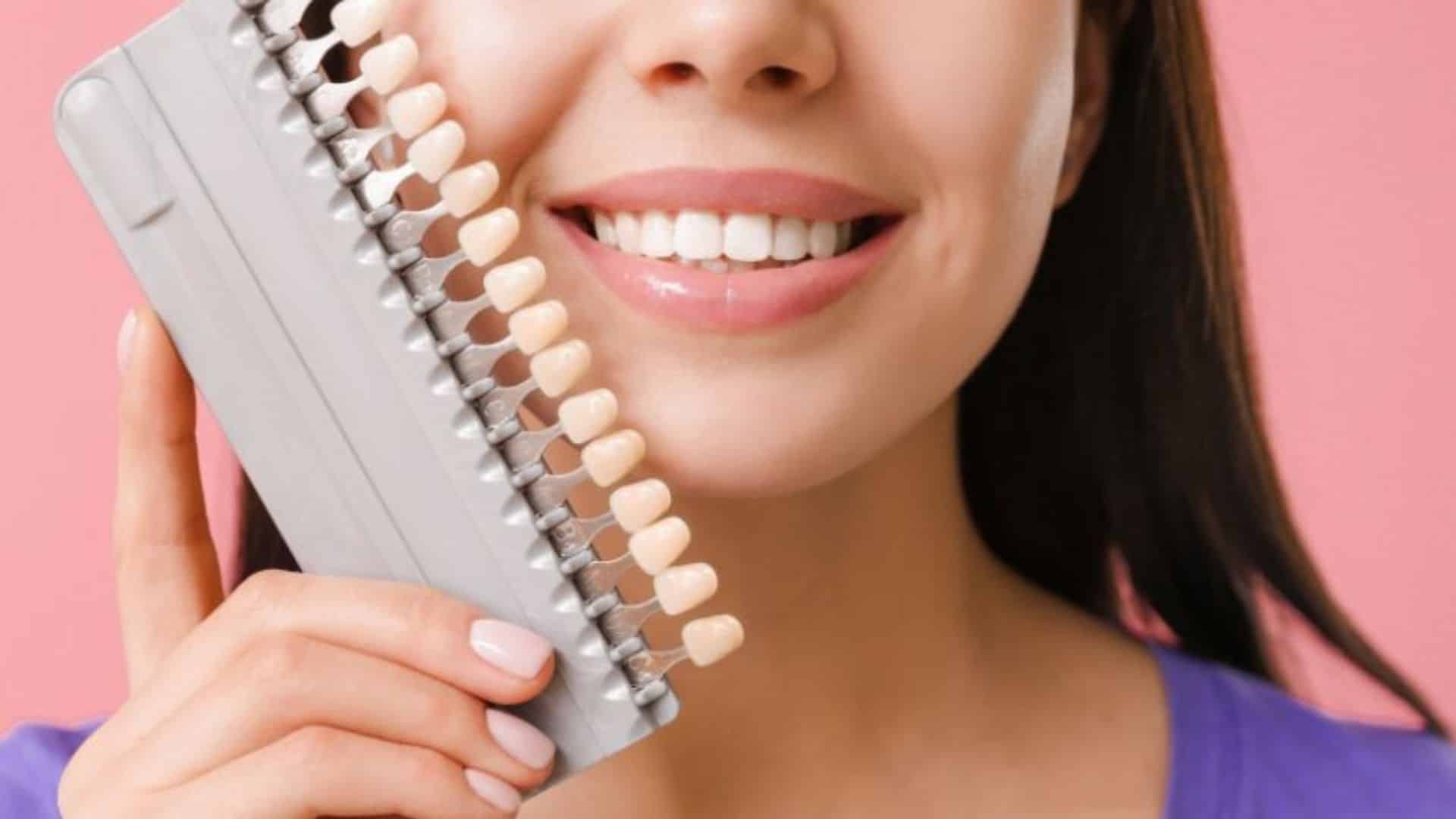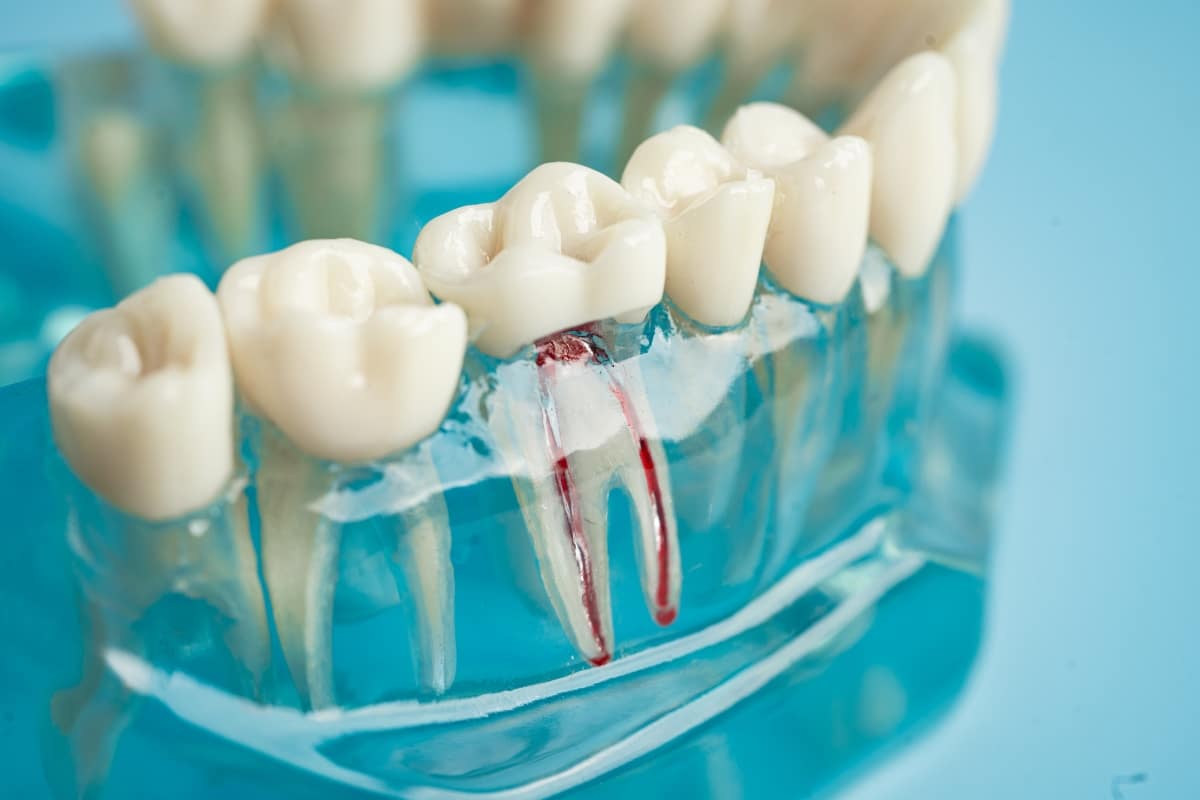Same-day treatments are available.
Can You Still Get Cavities with Veneers? What to Watch For

You’ve got your dream smile. Your teeth look whiter, straighter, and more flawless than ever, thanks to veneers. So you might wonder — does this mean you’re done worrying about cavities? Are veneers like a protective shield against decay?
Not exactly. Veneers can transform your smile, but they don’t make your teeth immune to cavities. In fact, neglecting your dental health after getting veneers can lead to some sneaky (and costly) problems.
Let’s break it down — what you need to know, what to watch for, and how to keep both your veneers and natural teeth in tip-top shape.
What Are Veneers?
Dental veneers in Cypress, TX, are thin, custom-made shells — usually made of porcelain — that are bonded to the front of your natural teeth. They’re popular for fixing chips, gaps, discoloration, and even minor misalignments. But here’s the key: veneers cover only the front surface of your teeth, not the whole tooth.
That means your real tooth is still underneath and all around the veneer. And yes, that real tooth can still get a cavity.
Can You Get Cavities with Veneers?
Short answer: Yes.
Even with veneers, the parts of your natural teeth that aren’t covered — like the back, the gumline, or the area between teeth — are still vulnerable to plaque, bacteria, and decay.
Also, cavities can form around the edges of your veneers, especially if there’s even the tiniest gap between the veneer and your natural tooth. Once bacteria find a way in, they can settle underneath, quietly damaging the tooth out of sight.
And just because a tooth looks perfect on the outside doesn’t mean it’s healthy underneath. That’s why it’s so important to stay on top of your oral care — even after your cosmetic makeover.
How to Spot Trouble Early Signs of Cavities?
Cavities under or around veneers often don’t show obvious signs — especially in the early stages. But here are a few things to watch for:
- Increased sensitivity: If you suddenly feel a twinge when drinking something hot or cold, take note.
- Discoloration near the gums: Stains or a dark line near the edge of the veneer could signal decay beneath.
- Bad breath or a bad taste: Persistent bad breath can sometimes point to hidden decay.
- Pain or pressure: Don’t ignore sharp or lingering pain when biting or chewing.
If you notice any of these, don’t wait — see your dentist. Early intervention can save the tooth (and possibly the veneer).
How to Prevent Cavities When You Have Veneers?
The good news? You don’t need any fancy routine to protect your veneered teeth. Just a solid commitment to oral hygiene and a few smart habits will do the trick.
1. Brush like a pro
Brush at least twice a day using a fluoride toothpaste. Pay close attention to the gumline and the back of your teeth — where veneers don’t offer any coverage.
2. Floss daily (yes, every day!)
Flossing is your best defense against cavities between teeth — a common trouble spot with veneers. If regular floss is a pain, try floss picks or a water flosser for easier access.
3. Rinse with a fluoride mouthwash
This helps reinforce enamel and rinse away leftover bacteria, especially in those harder-to-reach areas.
4. Watch your diet
Limit sugary snacks and acidic drinks that feed cavity-causing bacteria. Try to rinse with water after drinking coffee, soda, or juice.
5. Don’t skip your checkups
Regular cleanings and exams (every 6 months!) allow your dentist to catch early signs of trouble — even beneath a veneer. X-rays can detect issues that aren’t visible to the naked eye.
6. Protect your veneers from wear
If you grind your teeth at night, ask your dentist about a night guard. Grinding can weaken veneers and open small gaps that let bacteria in.
Veneers give you a gorgeous smile, but they’re not a free pass to ignoring your oral health. Your natural teeth are still underneath, and they still need your care and attention.
The key? Treat your veneered teeth just like you would any other tooth — or even better. Brush, floss, eat smart, and see your dentist regularly. With the right habits, you can keep your smile looking and feeling amazing for years to come.
When it comes to your teeth, beauty and health should always go hand in hand.

7 Foods and Drinks to Avoid After Professional Teeth Whitening in Cypress

What to Expect After a Root Canal Treatment in Cypress



